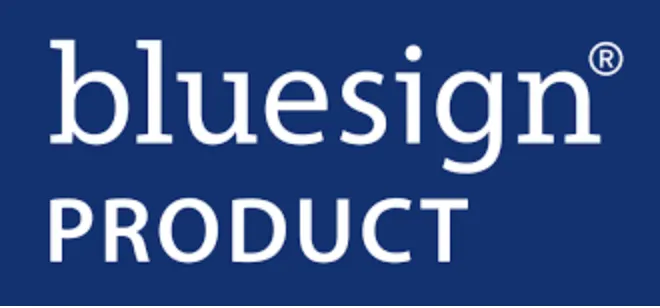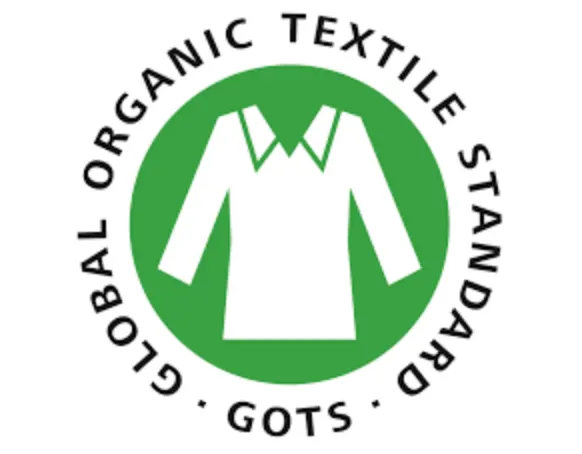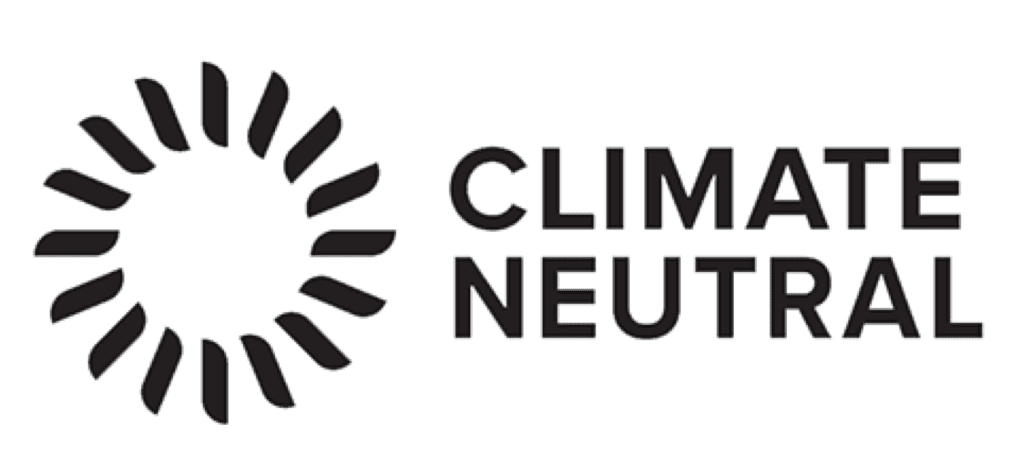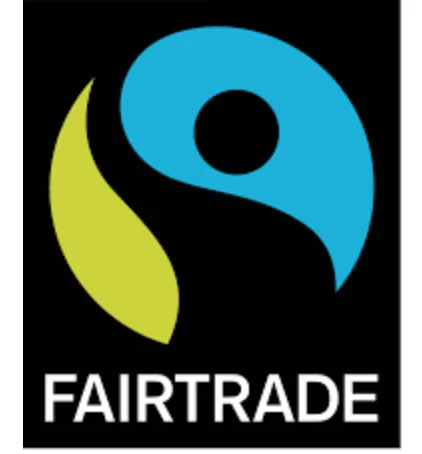The Best Deals on Camping, Backpacking and Outdoor Gear [May 2025]
When it comes to sustainability certifications, definitions and terms in the apparel and outdoor industry, there are always a ton of claims about sustainability flying around that mean all sorts of things. But what what do they mean, really? Let’s break down some of the more common sustainability terms you need to know and what they mean right here, right now so you can gear up with more sustainable outdoor gear and clothing.
Sustainability Certifications and Terms

Bluesign
Often followed by the words “materials,” “certified,” or “approved,” BLUESIGN® is a designation that has to do with manufacturing and materials. The independent verification system “guarantees the highest degree of assurance to consumers and ensures that the products were manufactured with responsible use of resources and the lowest possible impact on people and the environment. BLUESIGN is a holistic system that provides solutions in sustainable processing and manufacturing to industries and brands.” An entire product (like these sustainable climbing harnesses) could be BLUESIGN certifies, or just some of the materials used to make it (like this REI sleeping bag) could be BLUESIGN approved.
Organic
We’re pretty sure you’re already familiar with this term, but it designates materials farmed without the use of pesticides or herbicides that maintains and replenishes soil health without the use of toxic, long-lasting pesticides or synthetic fertilizers. That’s good, because those chemicals are often harmful to the environment and local eco systems and can devastate natural water sources like rivers, lakes and oceans, not to mention coral reefs and our own health. It’s usually used in relation to natural materials like cotton and hemp.

Global Organic Textile Standard (GOTS)
Taking organics one step further, GOTS stipulates requirements throughout the supply chain for both ecological and labour conditions in textile and apparel manufacturing using organically produced raw materials (like cotton and hemp). The certification also includes welfare standards for animal welfare and prohibits genetically modified organisms.

Carbon Neutral
When a brand or company is carbon neutral (read our post highlighting some carbon neutral outdoor brands here), it means they have offset 100% of the carbon emissions they produce. Carbon creates greenhouse gases, which contribute to harmful climate change, and just about all manufacturing processes contribute considerable amounts of carbon. Offsetting that carbon footprint to become carbon neutral (or even carbon negative if a company offsets more than 100%), can involve any number of things, from funding wind or solar farms to planting trees to providing clean water or cooking equipment to third world countries to building hydroelectric power plants.
Greenwashing
Often a term with negative connotations, greenwashing (read our in-depth post about it here) refers to marketing efforts that make consumers think their product or company is sustainable in some way, but usually isn’t generally, they’re just trying to appeal to a sustainably-minded customer without actually putting in the work to become a sustainable brand. We wrote about it in more detail in this post titled, “What is Greenwashing?”
Recycled
We’re thrilled to see more and more products released on a near weekly basis that are made with recycled content. This can be anything from 10-100%, but generally just means that at least part of the makeup of the gear in question (like these rain jackets or these bags from United by Blue) is made of recycled materials, often single-use plastic water bottles. This is beneficial because it puts the immense amount of single-use plastic waste that we throw away daily to good use, plus no virgin materials were created in the process.
Biodegradable
It’s been said that given enough time and the right conditions everything will eventually biodegrade, but that could take decades, even hundreds of years depending on the materials. That’s why biodegradable products like these Rackle Shoes or PrimaLoft’s new Bio insulation are such a big deal: because they’ll break down much faster than their conventional counterparts. In essence, biodegradable refers to items that will break down into natural, non-polluting materials, which means les junk piling up in landfills and contributing greenhouse gases.

Fair Trade
Fair trade puts people and planet first (important, as the two are intrinsically intertwined). It means that those supplying materials (like farmers, workers, etc., usually in third world countries) receive a fair wage, but also better working conditions, economic stability, and local sustainability. It means the most vulnerable suppliers and workers in developing countries aren’t being taken advantage of (like they would be in sweat shops, which are basically the opposite of fair trade). And if a product is certified, you can be sure it was made according to rigorous social, environmental, and economic standards.
Circular Economy
A circular economy involves keeping resources and materials in use for as long as possible (instead of buying, using, and disposing of them). It involves manufacturing items that can then be used for as long as possible, then, at the end of their useable life, are then recovered and turned into something else. Take adidas for example: in 2021 they plan to launch a shoe that can be recycled at the end of it’s life and made into more of the same shoe. It’s “made to be remade.” That keeps virgin materials from having to be manufactured and old materials out of landfills because they are instead being recycled into something useable.

OEKO-TEX
There are a few labels within the OEKO-TEX certification: STANDARD 100 that labels textile and leather products that have been tested for harmful substances and which are thus safe from a human-ecological perspective and MADE IN GREEN by OEKO-TEX® which identifies textiles that have been tested for harmful substances and also manufactured under sustainable working conditions. There are other labels, too, but this certification refers to the chemical safety of the end product only, and while a certified product is more responsibly made than uncertified textiles and products, it doesn’t signify whether a product was made of recycled or organic materials.
PFC-Free or PFAS-Free
PFC’s (Perflourinated Chemicals) or PFAS (per-and polyfluorinated substances) are usually found in DWR (Durable Water Repellent) treatments. They are often referred to as “forever chemicals” because the fluorocarbons never break down, remaining in the environment for essentially forever, seeping into the food chain and drinking water. Look for waterproof or water-resistant products like shoes, backpacks and rain jackets that use PFC-free DWR treatments. Learn more about DWR and PFCs in this post.
•
Are we missing a sustainability certification, term or definition you’d like to see explained? Let us know! In the meantime, fill your closet with more sustainable outdoor gear and then get out there and wander on!

Teresa Willis
Saturday 6th of February 2021
Thanks for this info.
Alisha McDarris
Tuesday 9th of February 2021
Our pleasure! The more you know, and all that!